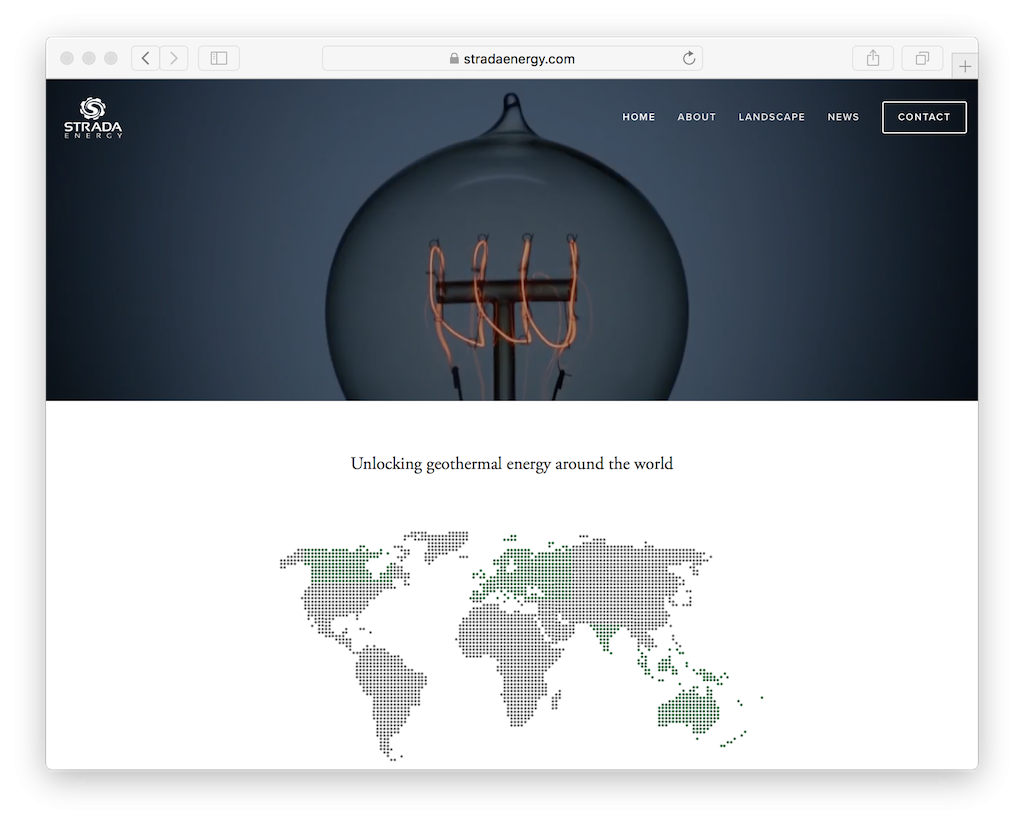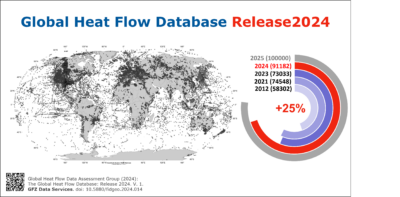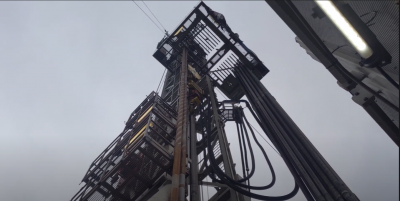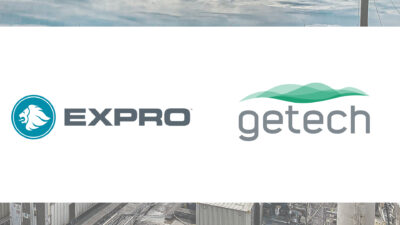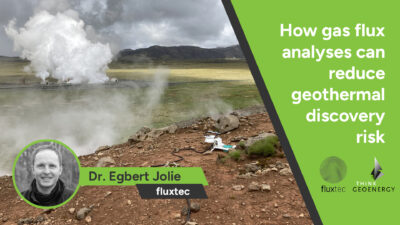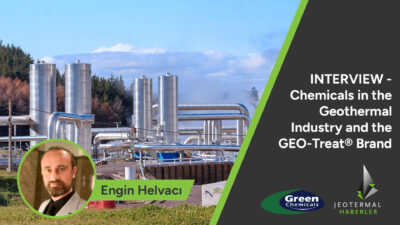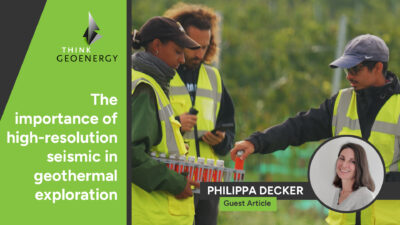Strada receives confirmation of concept for fluid-hammer based drilling technology
Drilling technology company Strada, announces that Lloyds Register has issued a Technology and Risk Assessment Report, which in principal approved the concept of the company's patented, Fluid Hammer Operating System (FHOS). The technology could help drill faster and more efficient also for geothermal projects.
Strada, an innovative technology company, specialising in deep drilling, has released the following summary of the Lloyds Register Technology and Risk Assessment Report, which approved in principle the concept of their unique, patented, Fluid Hammer Operating System (FHOS). Further testing of the FHOS is currently underway, but in advance of its completion the Lloyds Register report gives an exciting insight into what this new technology will deliver.
In summary, the Lloyds Register assessment found that the goals and claims made of the FHOS technology could all be met or exceeded, specifically in relation to:
- Strada’s rigs being physically smaller than alternative rigs.
- Being capable of controlling the down-hole temperature by regulating the mud/water/air circulation.
- The capability of drilling in balanced under-balanced and overbalanced modes.
- Hard rock penetration rates – using percussion hammers are generally higher than 20 meters per hour in 200 MPa rock, such as granite and basalt.
- Reduced drill pipe wear.
- Longer drill bit life.
- Being capable of reducing drilling costs by up to 70% in comparison to existing technologies. These costs savings are derived from a reduced number of trips, quicker drilling and reduced mobilisation costs.
- Requiring crews of less than 5 required.
- Being capable of drilling over 6,000 m.
Ben Strange, CEO for Strada, commented: ‘The Lloyds Register approving our FHOS in principle was a huge milestone for us and has provided the foundation to move forward in developing our technology. Using the approach outlined in the report, we have already delivered an average rate of penetration of 10-25 metres per hour and drilled up to 300 meters per day in the hardest rock formations in Finland. We are certain that when we complete our final testing this year that we will be capable of achieving even more impressive results, which will open up our technology for use in geothermal energy projects.’
Source: Company release via Pressat
